Russian aviation needs domestic components and personnel: Tupolev launches batch production
Realnoe Vremya experts talk about the prospects of the aviation industry and innovations that were demonstrated to guests of the BRICS Summit
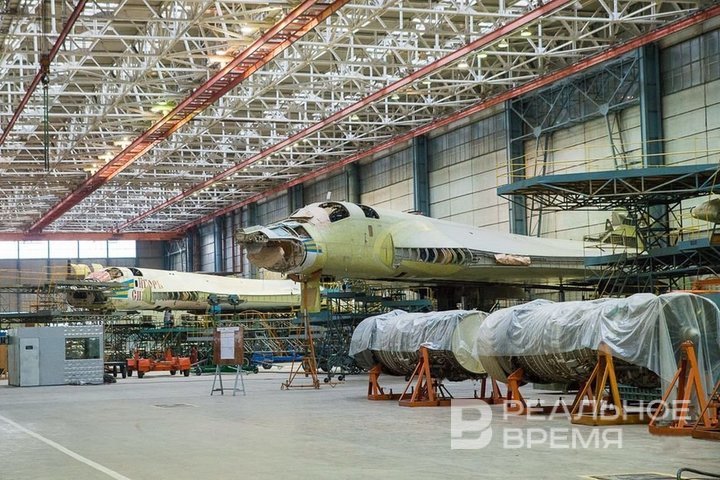
A visit of First Deputy Prime Minister of Russia Denis Manturov to Kazan on the first day of the BRICS Summit turned out to be symbolic. He inspected new workshops of the Kazan Aviation Plant, aircraft and helicopters, assessed the progress of import substitution work and got acquainted with the exhibits that will be presented to the distinguished guests of the republic at the Made in Tatarstan exhibition. Read more about domestic innovations in aviation technology, guarantees of successful import substitution in the industry and the prospects of Russian aircraft manufacturing in a report of Realnoe Vremya.
The plan is to make 20 aircraft a year
First Deputy Prime Minister of Russia Denis Manturov together with Rais of Tatarstan Rustam Minnikhanov visited aircraft manufacturing enterprises of Rostec state corporation on 22 October. At Tupolev JSC, he inspected workshops under construction and modernisation and assessed their level of readiness. 9 out of the 24 facilities have been launched, and the remaining 15 are to be completed by the end of 2026.
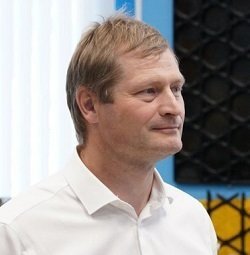
As it was reported on the official portal of the Russian government, Manturov inspected new high-tech equipment for the production of large-sized aircraft parts — a Russian portal five-axis milling machining centre, which allows for the production of components from aluminium alloys, including wing parts with a maximum size of up to 24 metres.
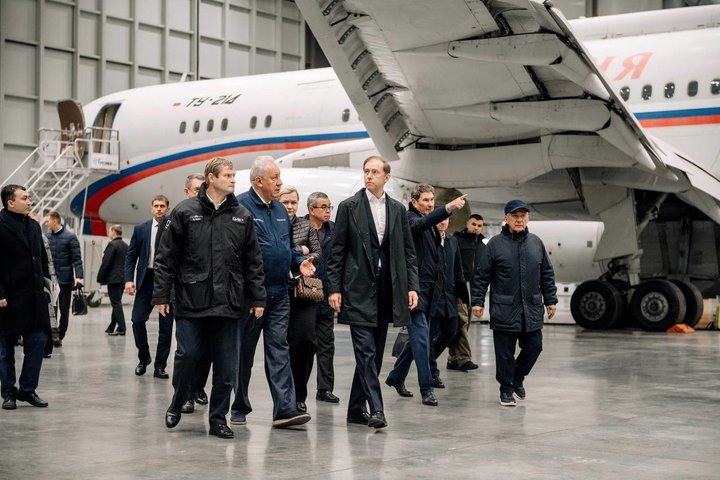
Heavier Ansat
At the Kazan Helicopter Plant, Denis Manturov was shown the main production shops where helicopters of the Mi-8/17 family, multi-purpose Mi-38 and light Ansat helicopters are manufactured as well as a prototype of the light single-engine Mi-34M1 helicopter equipped with a VK-650 engine. The deputy head of government also inspected the mechanical assembly production building under construction, Mi-8MTV-1 helicopters and the latest multi-purpose Mi-38.
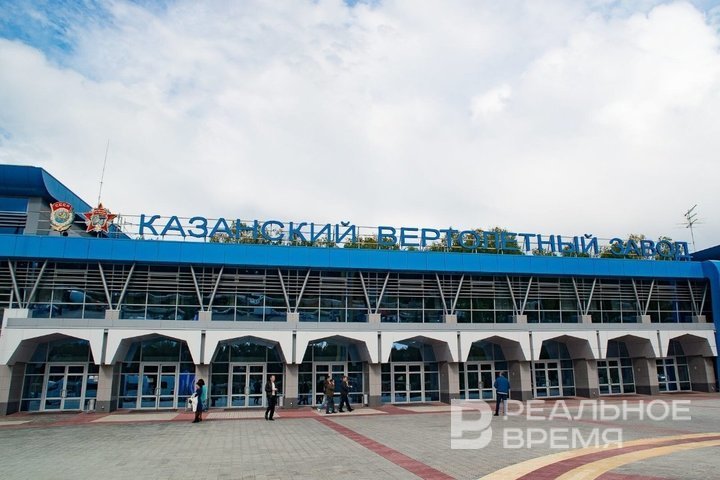
Denis Manturov was informed about the successful implementation of the import substitution programme — all foreign components of the control system and autopilot on the Ansat helicopter were replaced with domestic ones and Russian VK-650V engines were installed. He was also briefed on the implementation of the Ansat modernisation programme, aimed at increasing its takeoff weight, installing an anti-icing system and increasing the flight range to 640 km (up to 800 km with an additional fuel tank).
“The situation has begun to change”
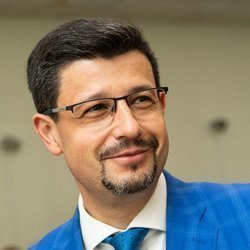
He recalled that Perm Motors is preparing for serial production of a new domestic fifth-generation turbofan engine PD-14 and is developing a two-circuit turbofan engine with super-high thrust PD-35 and a PD-8 engine for the Superjet (the latter was equipped with a French engine, which is difficult to fully service today).
Lopatin noted that the engine largely determines the qualitative and quantitative characteristics of the aircraft — it must be efficient and have a reliable resource. In his opinion, the fact that Russia has managed to revive the production of aircraft engines inspires optimism for the entire industry and confidence that plans for the release of new aircraft will be fulfilled:
“In fact, quite a lot of countries build aircraft — more than 20. But only five countries in the world build engines and have a full production cycle. Accordingly, our country has these competencies.”
“We can strain ourselves and do it when necessary”
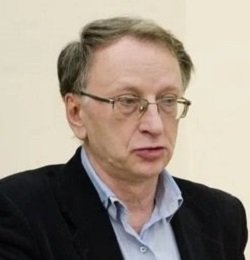
Belyayev emphasised: it is necessary to replace not only engines but also all other systems with domestic ones, otherwise, import substitution will not take place, and Russian aircraft and helicopter manufacturing will remain dependent on imports. The expert recalled that back in the 90s of the last century, the leadership of our republic raised the issue of abandoning Boeings and building Russian aircraft.
“If today's all promises are fulfilled, and at the same time, everything, absolutely everything, parts, components and devices will be ours, we will be able to talk about the revival of aviation,” he believes. “In the history of our state, there were periods when we produced more than 100 aircraft per year. Yes, it was during the Great Patriotic War, but nevertheless it was! This means that we can still strain ourselves and do it when necessary! And this plan to produce 20 aircraft per year, it is feasible under certain conditions, including with a full set of Russian components.”
Offer decent wages and respect
Realnoe Vremya experts noted that it is impossible to implement import substitution plans in the aircraft and helicopter industries without providing production with qualified personnel.
“A sufficient number of universities in Russia train specialists in the fields of aircraft, helicopter, and engine manufacturing,” says Alexey Lopatin. “There are also educational centres. But it is also necessary for the guys who graduate from universities to have decent wages. Because aircraft designers and engine designers are professions that require extensive knowledge in many areas. It is difficult to study these specialties, applicants choose them consciously, and if they are not offered decent wages and a real social package, which does not include coupons for free meals, but, for example, the opportunity to get housing, they will go to other industries where they will get all this.”
Vladimir Belyayev also considers the issue of decent wages, not only for engineering workers but also for those who stand at the conveyor to be of primary importance. However, he also considers another aspect to be important — in addition to money, workers need respect:
“Workers need to be paid normally and treated well. It is very important that motivation is not only material, but also moral, so that there is no rudeness and arbitrariness in production, so that employers are under control. This should also become an incentive for the growth of our aircraft industry. And then there will be no need to look for labour migrants to fill empty jobs.”